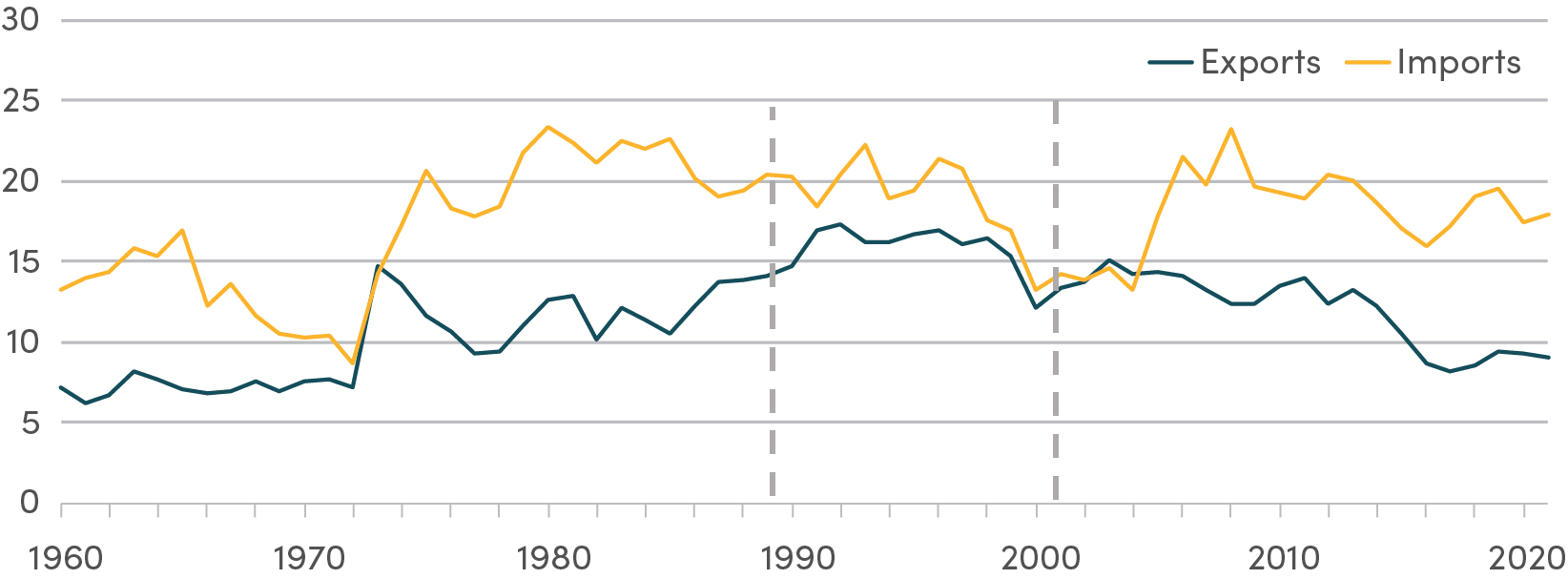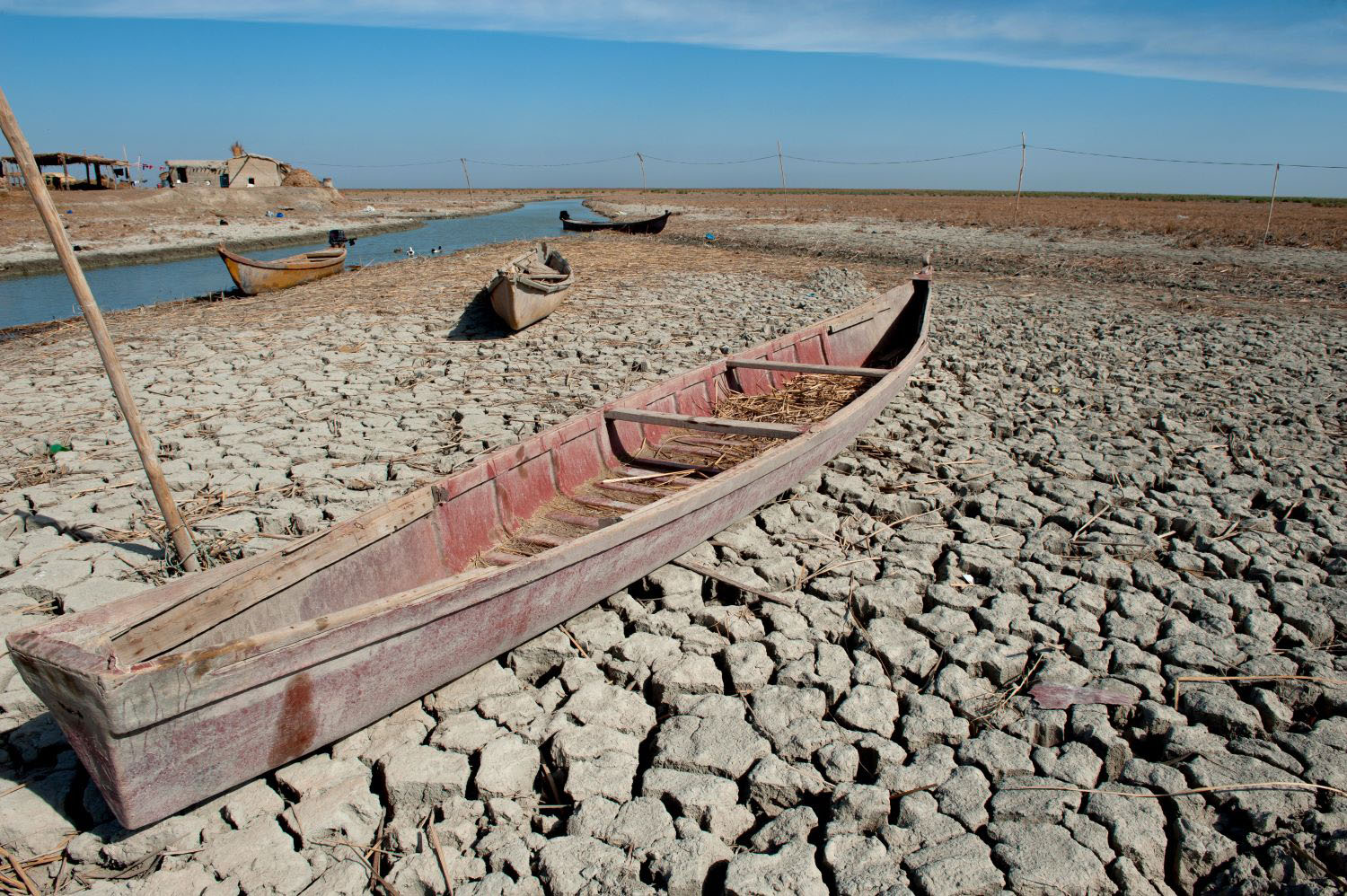Tens of thousands of people will descend on Cleveland and Philadelphia—hosts of this year’s Republican and Democratic National Conventions—in the weeks ahead. But that doesn’t mean Congress is off the hook just yet. Legislators still have a week and a half in town, and we were encouraged to see the Senate Foreign Relations Committee fit an important hearing into the narrowing window. This afternoon, the Committee will convene a hearing to assess the role of US foreign aid in spurring economic growth.
If you’ve been watching the Committee as closely as we have over the past few months, then you’ve been treated to a string of timely and thoughtful hearings, many characterized by a healthy dose of bipartisanship. We’re hoping for more of the same from this hearing, which features a top-notch panel of development experts—including CGD chief operating officer and senior fellow Todd Moss.
As the dialogue between witnesses and members proceeds, here are a few things we’ll be listening for:
-
Comparative advantage. It can be hard to get members of the development community to reach agreement on the building blocks of economic growth—harder still to find consensus on which are the most transformative. But this hearing isn’t just about how countries, in their push to promote growth that’s broad-based and pro-poor, remedy those constraints holding back their economies—it’s also about the role of US assistance in that endeavor. There’s ample evidence that businesses are unlikely to flourish in environments that lack reliable electricity and ready access to capital, but just as important to this conversation is considering where the United States can leverage resources and yield the greatest impact.
-
A range of tools and instruments. The landscape of global development is changing rapidly as once poor countries see their incomes rise and as emerging powers, like China and India, craft ever more ambitious foreign aid programs. The United States wields convening power along with an array of economic and foreign policy tools but, for decades, has been slow to adjust its toolkit to the growth needs of developing countries. Put differently, US aid agencies can do a better job matchmaking—devising a comprehensive strategy for transitioning bilateral relationships once reliant on traditional aid to ones shaped by more complementary sources like trade and investment.
-
Evidence, evidence, evidence. After all, any “assessment of US economic assistance,” as the hearing is titled, begins with an understanding of which aid programs, principles, and approaches are working, which are falling short of stated goals and expectations, and whether these findings warrant reconsideration of where finite US development dollars should go. And where that evidence base is thin, we hope US policymakers pledge to do more to build it by supporting robust evaluation and piloting programs that pay on the basis of verified results.
With election-year events crowding out the legislative calendar, there’s only so many more opportunities for the Senate to show its commitment to development and its interest in improving US development policy. Let’s hope we get both at today's hearing.
CGD blog posts reflect the views of the authors, drawing on prior research and experience in their areas of expertise.
CGD is a nonpartisan, independent organization and does not take institutional positions.





